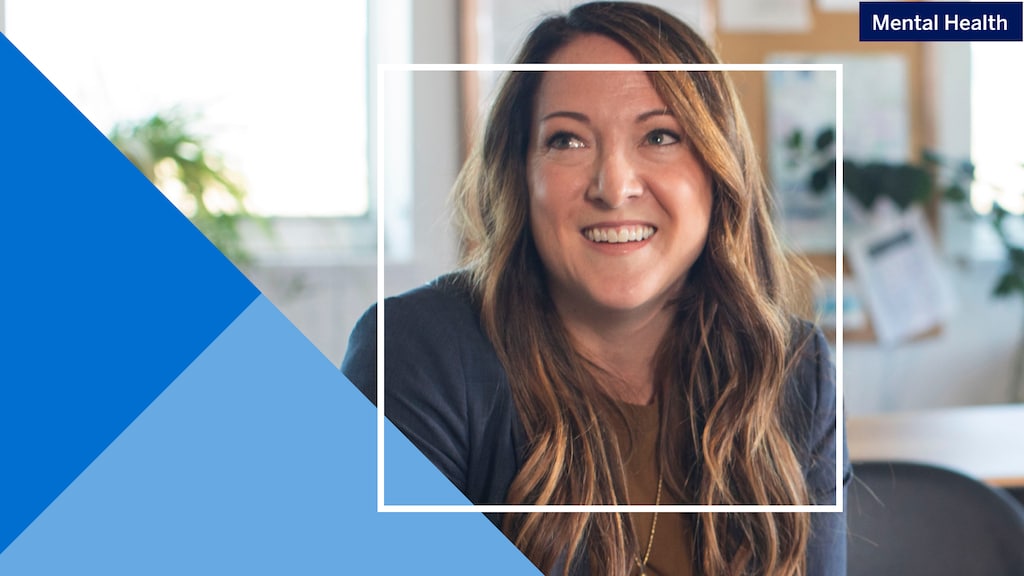Everyone grapples with self-doubt once in a while, even successful business owners. A little self-doubt is not only normal, but it's healthy. It can prevent a leader from crossing the fine line between self-confidence and hubris. But highly successful people don't let self-doubt derail them from their goals.
Self-doubt can cripple our ability to make important decisions, but knowing yourself and living your values is one of the best antidotes.
How to Overcome Self-Doubt
What is self-doubt, exactly? In its most basic form, self-doubt manifests itself as a lack of confidence in yourself or your abilities.
In its more complex form, self-doubt can be a state of uncertainty about the truth of anything.
Self-doubt in varying capacities is incredibly common and is something that most of us will experience at some point or another. This mindset however, can hold you back from achieving what you want.
If you're consistently plagued by persistent self-doubt, it’s a good idea to take a step back and recognize the negative impact it may be having on your life or career. From there, you can work to implement self-confidence boosting strategies that can help you to improve your self confidence.
1. Reflect on Opportunities
Self-doubt often can make us rationalize a situation to fit our emotional state. We may be afraid to fail, look bad, or take on more than we think we can handle. We become adept at making excuses for why an opportunity isn't a good fit.
"The enemy is our chattering brain, which, if we give it so much as a nanosecond, will start producing excuses, alibis, transparent self-justifications, and a million reasons why we can't/shouldn't/won't do what we know we need to do," Steven Pressfield says in his book, Do the Work.
Think back on opportunities you turned down. What reasons did you give yourself? Were these legitimate reasons or just excuses? Excuses are mental barriers we erect that can hold us back.
2. Follow Good Energy
There is a popular saying: "We are the average of the five people we spend the most time with."
Those we habitually spend time with can have a profound effect on us, whether we are aware of it or not. We know from brain plasticity research that experiences reorganize neural pathways in the brain.
Who do you spend the most time with? What effect do they have on you? When you spend time with them, do you walk away feeling better about yourself or worse?
3. Raise Your Self-Awareness
Self-awareness can be one of the most powerful personal development tools. Make use of it by understanding the root causes of your self-doubt. What specific situations trigger bouts of self-doubt? If it's a lack of skill in an area, resolve to do something about it.
For example, it may be a fear of delivering presentations or making cold calls. Just about anything can be learned. Go out there and get the training you need, or get a coach to help you.
4. Practice Self-Compassion
While it can feel easy to extend compassion to others, it can be hard to temper self-criticism with self-compassion. Self-compassion is simply being kind to oneself. Studies show a strong correlation between self-compassion and positive mental health, such as reduced anxiety and greater life satisfaction, as well as higher self-esteem. Self-compassion can help develop emotional resilience.
5. Think for Yourself
Seeking others' input and advice can be helpful. However, if you continuously ask others what they think before making decisions, you might be weakening your faith in yourself.
For example, if you're working on a presentation, setting up a website, or undertaking a new project, and you continue to change it based on feedback, you might end up losing your voice and the end product can become a diluted version of your vision.
Consider some advice, but also make a decision that feels right to you.
6. Trust Your Values
In Disrupt! Think Epic! Be Epic!, author Bill Jensen outlines the 25 successful habits of 100 contemporary heroes: people who found ways to cut through the complexity of today's fast-paced, ever-changing environments to do extraordinary things.
The trait driving the majority of these 100 entrepreneurs is "trusting your gut and values." More and more, we are called upon to make quick decisions with very little information. When you know what you stand for and what's important to you, it becomes easier to make decisions that align with your values. Self-doubt can cripple our ability to make important decisions, but knowing yourself and living your values is one of the best antidotes.
7. "Start Shipping"
Seth Godin, an American entrepreneur and author, often insists that people "start shipping!" If you're an artist holding back from exhibiting your work because you don't feel it's your best work yet, it can be better to try than not try at all.
Self-doubt can be mental paralysis. Having the guts to get started can go a long way.
The Takeaway
Many people deal with self-doubt. Finding ways to overcome it can make you happier and more motivated to try new things.
A version of this article was originally published on August 29, 2013.
Photo: Getty Images




